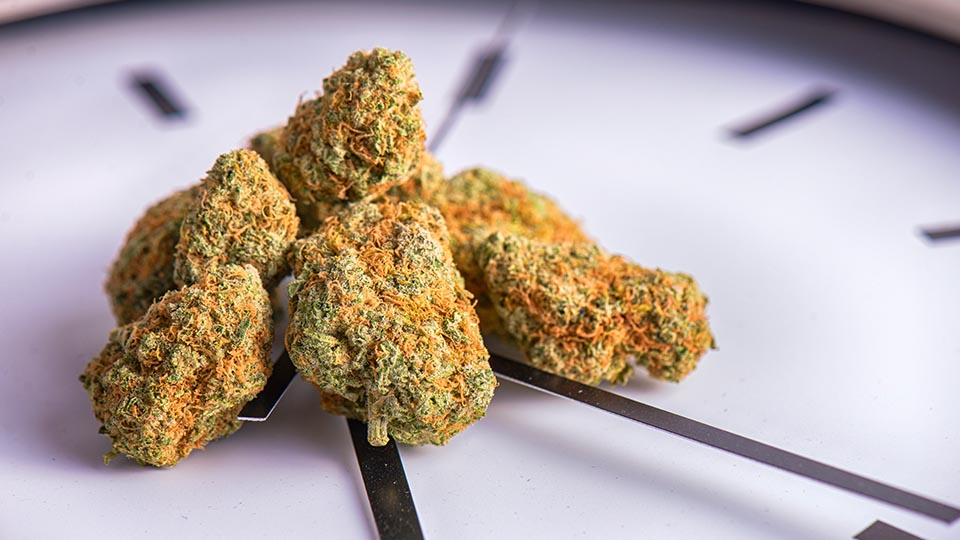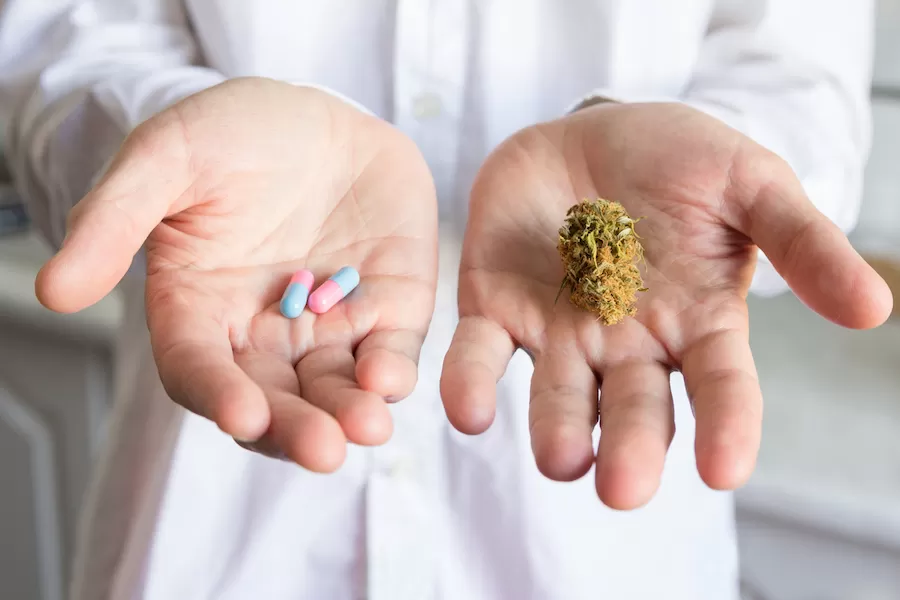Cannabis is a plant with a long and complicated past. For decades, myths and false beliefs have been spread about it.
As attempts to legalize marijuana grow around the world, it is important to tell the difference between fact and myth so that you can make smart choices about how to use it. If you have any hot questions about weed, click here for answers.
Myth 1 – Cannabis is a gateway drug.
A misconception that keeps coming up about weed is that it can lead to harder drugs. A lot of studies, though, have not been able to find a link between using weed and then using harder drugs. According to research, things like mental health problems, the person’s social setting, and the impact of their peers are more important in determining their drug use habits.
Myth 2 – Cannabis is highly addictive.
Although weed can become a habit, it is not nearly as likely to become addictive as smoking or alcohol. Studies show that a small number of people develop a problem related to weed use. The danger of becoming addicted depends on things like when the drug starts, how often it is used, and genetics.
Myth 3 – Cannabis impairs cognitive function.
Concerns about how weed might hurt brain function have been talked about. Heavy, long-term use, especially during puberty, may have some effects on the brain, but modest use as an adult usually does not. As it turns out, some studies show that weeds may help protect neurons.
Myth 4 – Cannabis use leads to psychosis.
It is important to remember that just because two things are related does not mean they are caused by each other. People who already have mental health problems may be more likely to have manic episodes, and using weed could make these signs worse. Most people who use weed, though, do not undergo psychosis from it.
Myth 5 – Cannabis is safe for everyone.
It is important to know that weed can have bad effects on some people, even though it is usually safe for most people. People who are pregnant, already have health problems, or have had mental health problems in the past should be careful with cannabis or stay away from it altogether.
The benefits of cannabis.
People are interested in cannabis because it might have health benefits, especially for treating a number of medical problems. Its chemicals, mostly cannabinoids like THC and CBD, work with the endocannabinoid system in the body, which is an important part of controlling pain.
Cannabis has shown promise in helping people with nerve pain, joint pain, and fibromyalgia feel better. It can also lower stress and anxiety by changing the way neurotransmitters work in the brain, which makes you feel calmer and less anxious.
PTSD, generalized anxiety disorder, and social anxiety disorder are some of the anxiety conditions that cannabis has been used to treat. It can help you sleep better by making you feel calm and relaxed.
Cannabinoids can make you hungry and stop you from throwing up or feeling sick, which is why they are approved to treat nausea and vomiting caused by chemotherapy. Also, it can ease muscles and lessen spasticity, which makes it okay to use to treat muscle stiffness in conditions like multiple sclerosis.
However, it is important to talk to a doctor or nurse to find out if weed is right for you and to talk about any possible side effects or combinations with other medicines. 
Use cannabis responsibly.
It is important to use weed responsibly if you want to get the most benefits and the fewest risks. Start with a small amount, pick the right products, pay attention to your surroundings, do not drive while high, and know your limits. To get the most benefits from weed with the least amount of risk, rely on scientific proof and bust some myths.



